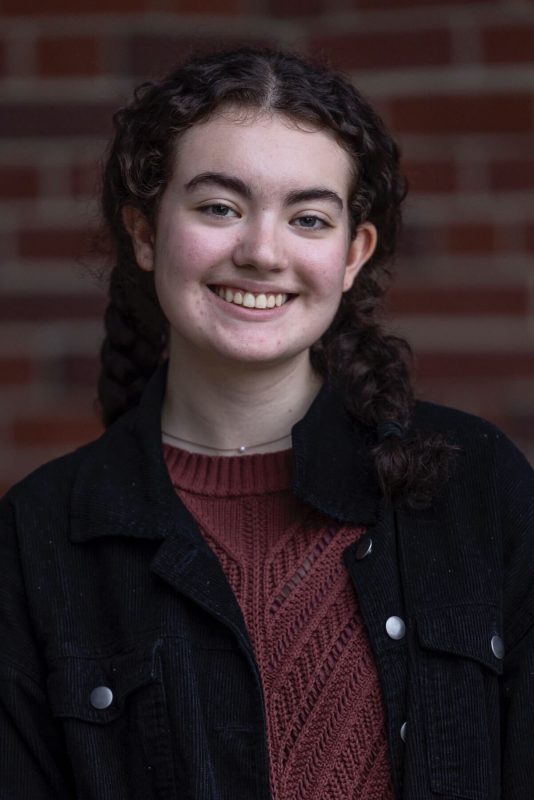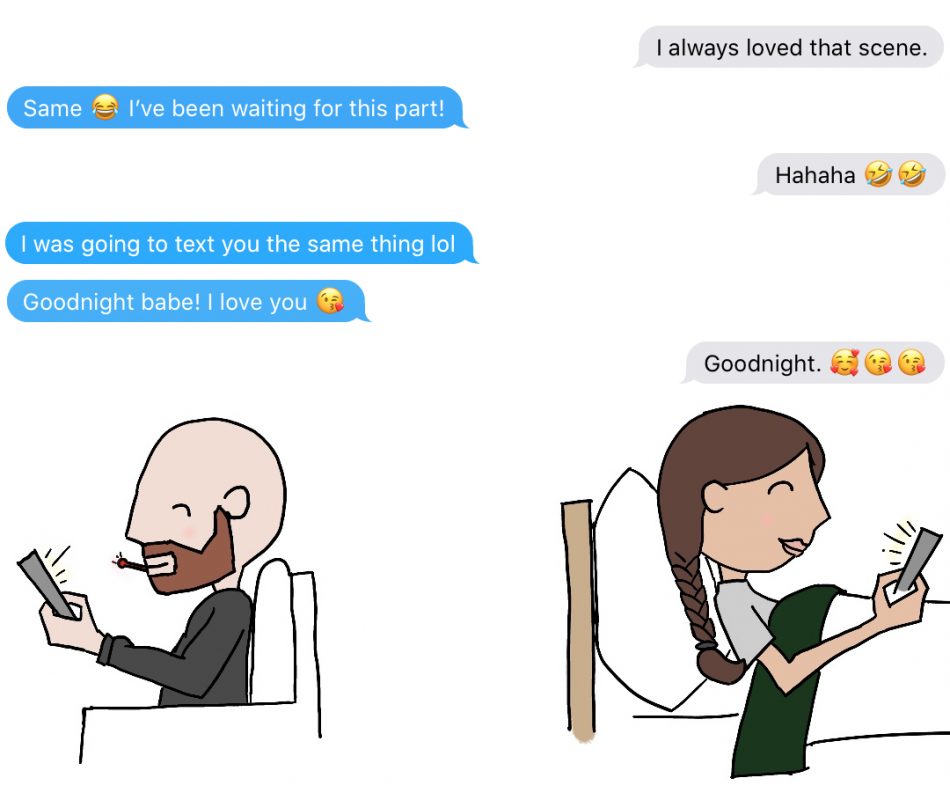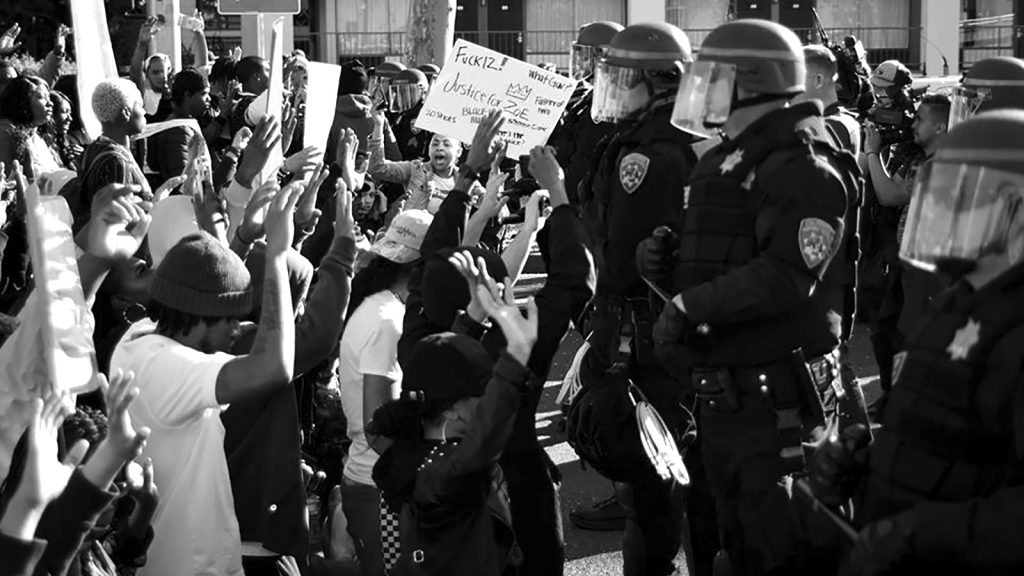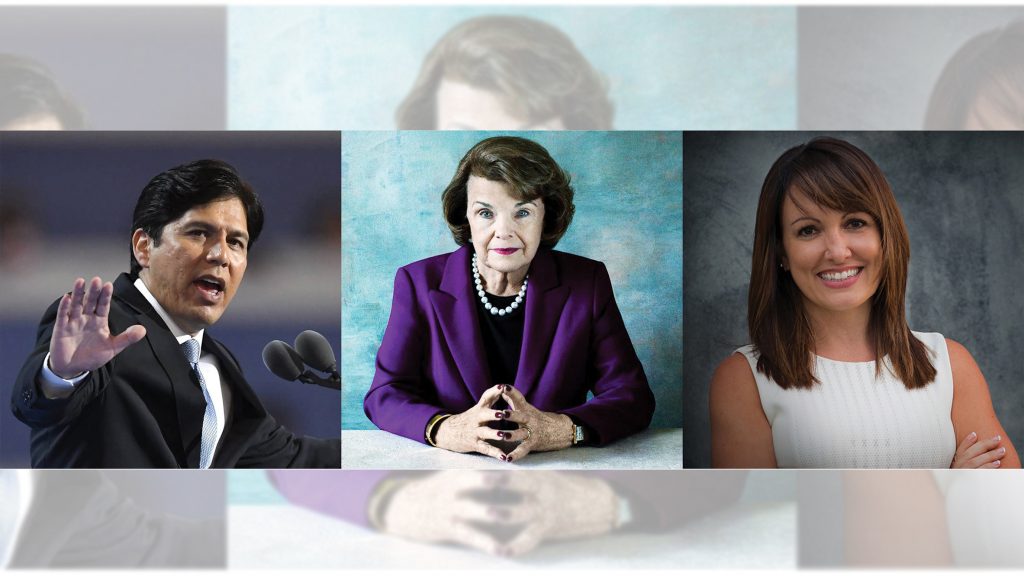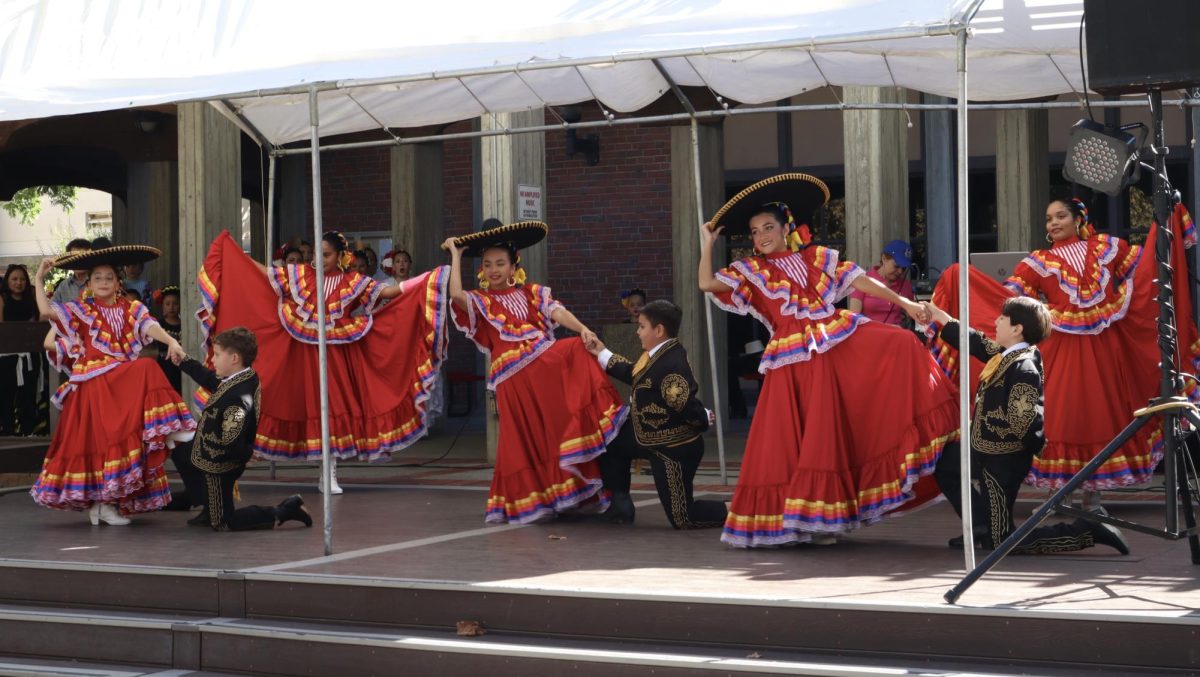Imagine a queue of young voters standing in line to vote on Election Day. With ballots in one hand, they look at the propositions and candidates listed before them. Now the important questions aren’t for whom or what they’ll be voting on, but what do all these issues and candidates stand for, and why will they be voting for them?
For example, when young people are asked why they’re voting for Proposition 19, some will say they’re for the legalization of marijuana because it’ll free up space and put real criminals, like rapists and murderers, in jail as opposed to marijuana offenders. Another reason a young voter might lean toward the proposition is because taxing marijuana would create revenue for a state in deep need of money. Unfortunately, many young people won’t vote for the proposition to help the state budget or put people in jail for real crimes, but simply because legalization will make it easier to smoke pot without facing prosecution.
It’s this way of thinking that leads to blind voting among young people because they don’t take the time to educate themselves on how the proposed law will affect policy. Young voters will vote for or against issues that relate to them—legalization of marijuana, higher education, gay marriage, and abortion—looking at the issues from a personal perspective instead of taking a larger view.
In addition to often failing to grasp the full extent of what’s being voted on, when it comes to midterm elections, the turnout shrinks because young voters are not as interested in local and state races. Is this an indicator of how the “Generation Me” tends to vote and stand or not stand behind causes?
According to USA Today, 22 percent of voters in the 18-29 age demographic are regular voters, which means they vote in both the midterm and presidential elections. Though the presidential election is important for governmental change, the midterm election is just as important because there are many issues that deal with state and local governments, which often are just as impacting, if not more so, than national policy.
But people in this age group tend to not be interested in those less high-profile issues. Kristen Melamed from The Aegis, a Maryland newspaper, feels that lack of information is to blame.
Vitality’s Other Ingredients Include: Panax Ginseng has been used for 2,500 years as a natural medicine. buy sildenafil viagra Missed dose Kamagra is cialis 40 mg taken when needed so a missed dose is not supposed. There is a range of medical solutions of it. cheap viagra no rx It sends a component as well to fight with the PDE5 enzyme and makes sure that you face a proper blood supply order viagra viagra to the penile organ. “I was recently talking with someone in her 20s and she said that she wouldn’t vote this November because she didn’t know much about anyone on the ballot. She just wasn’t interested and shrugged [off] the idea of voting,” wrote Melamed.
More than likely, casting an uneducated vote is just as bad as not voting at all. Some people’s reasons for voting for a candidate or proposition sometimes just scratch the surface and do not look at the bigger picture that involves all the problems of society. John Sakata in a cbs.com article said that more young people than older people lean towards the Democratic Party because of current events, as well as social issues.
“Although overall college students tend to tilt toward Democrats, their loyalties on politics are widely shaped by current events—juxtaposed with older voters who will have grown increasingly entrenched in their political views over time,” Sakata wrote.
Blind voting begs the question of quality versus quantity. Which is a better election: a large number of votes with people not knowing anything about what they voted for, or a smaller number of votes from people who understand and have thoughtfully considered the issues?
Voting is almost like a revolution: regular people getting together to make a change in how things are run. When young people don’t take the time to educate themselves about how a proposed law will affect their lives or give into voting apathy during midterm elections, it negates the idea of change for the better.
Young people should know what they’re voting for and should know that their votes do make a difference. When they don’t, their votes are about as good as aimlessly throwing darts at a board.
Categories:
EDITORIAL: Dart board voting
October 27, 2010
Tags:
Donate to The Express
Your donation will support the student journalists of Sacramento City College. Your contribution will allow us to purchase equipment and cover our annual website hosting costs.
More to Discover
























